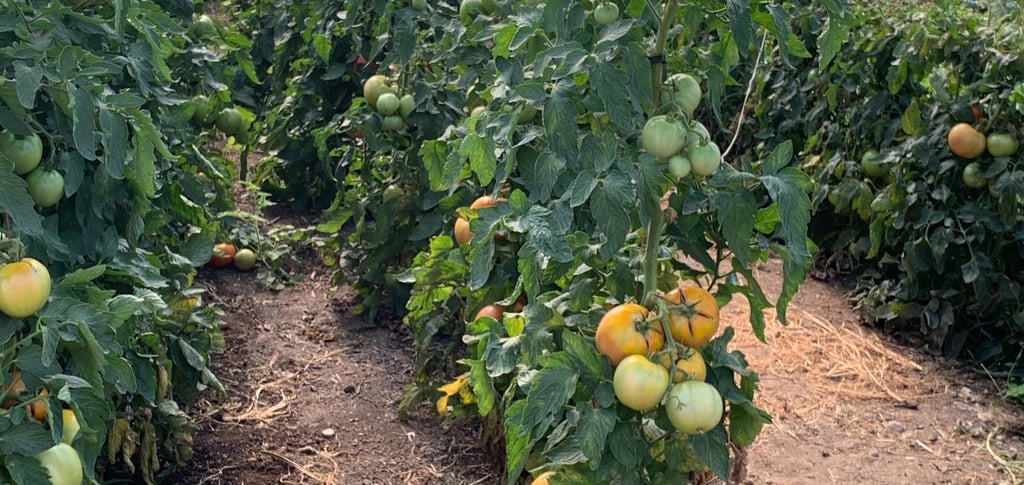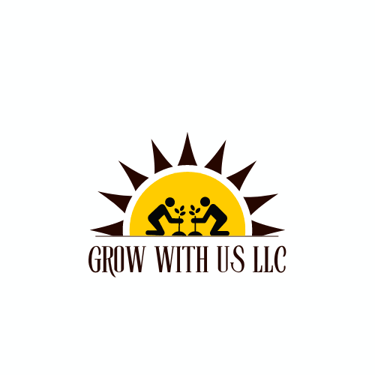Traditional vs. Organic Farming: Which is Best for Urban Growers?
🌾 Traditional vs. Organic Farming 🌱 Explore key differences between conventional farming methods and organic practices. While traditional farming often relies on synthetic fertilizers and pesticides to maximize yield, organic farming focuses on natural processes, sustainability, and soil health. Which approach aligns with your situation? 🤔 #Farming #Agriculture #OrganicFarming #TraditionalFarming #Sustainability #EcoFriendly #FoodProduction #SoilHealth #UrbanAgriculture


Understanding Traditional Farming: A Tried-and-True Approach
For centuries, traditional farming has been the backbone of agriculture, offering a reliable method for growing crops. This approach often relies on synthetic fertilizers and pesticides to maximize yield and combat pests. While this may seem like a straightforward solution for urban growers looking for quick results, it's not without its complexities. After all, with higher yields often comes a reliance on chemicals that can have lasting environmental impacts. So, is this the best route for your urban garden?
The Rise of Organic Farming: Cultivating More Than Just Crops
On the flip side, organic farming is gaining momentum as a sustainable alternative. With a focus on long-term health—both for the land and the people consuming the food—organic methods avoid synthetic chemicals. Instead, they lean on natural solutions like compost, crop rotation, and companion planting. For urban growers who are increasingly concerned with what they eat and how it affects the planet, organic farming offers an attractive path. It’s not just about growing food; it’s about growing food in a way that’s in harmony with nature.
But what makes organic farming stand out? The answer lies in its deeper connection to the environment. It’s about creating a system where biodiversity thrives, soil remains rich and healthy, and the food you grow is free from potentially harmful chemicals. For many, the appeal lies not only in eating healthier but also in contributing to a more sustainable world.
Assessing What’s Right for You: Traditional or Organic?
So, how do you choose between traditional and organic farming? It all boils down to a few key factors:
Your Goals as a Grower: Are you looking for the highest possible yield, or do you prioritize sustainability and environmental stewardship? Traditional farming can often provide quicker results, but organic farming allows for a more holistic, long-term approach to cultivating both crops and community.
Space Considerations: In an urban setting, space can be limited. Organic farming often adapts better to smaller plots, thanks to practices like crop rotation and companion planting, which help maximize productivity in tight spaces. Traditional methods, with their reliance on heavy inputs, may not always be the best fit for urban environments where space and resources are at a premium.
Flavor Matters! Ever wonder why organic produce often tastes so much better? Many enthusiasts claim it has to do with the way organic farming nurtures the soil, leading to more nutrient-dense, flavorful crops. If you’re a foodie at heart, this could be a major factor in your decision-making process. Plus, there’s something uniquely satisfying about knowing your food was grown without harmful chemicals.
The Case for Traditional Methods in Urban Environments
While organic farming has undeniable benefits, there are instances where incorporating traditional methods can be essential, especially in an urban environment. One challenge that many urban gardeners face is pest control. In city settings, pests like aphids, rodents, and even invasive species can be particularly difficult to manage naturally.
Some pests—like aphids, spider mites, or the notorious Japanese beetle—can rapidly destroy crops and are resistant to the usual organic treatments like neem oil or insecticidal soap. In these cases, traditional methods may offer a more immediate and effective solution, using synthetic pesticides that target these pests quickly and effectively, preventing the destruction of crops.
Space limitations in urban gardens also often mean that pest infestations can spread rapidly in confined areas. For example, an infestation of aphids on one plant can quickly move to others, wiping out an entire crop. Organic methods might not always be fast enough to stop the spread before it's too late, whereas traditional methods can provide the protection needed to safeguard your plants in the short term.
While organic solutions work for many, there are situations where traditional methods may be necessary to achieve balance and prevent total crop failure. Urban gardeners often find themselves walking a fine line between sustainable practices and practical solutions, choosing the right approach based on their unique circumstances.
Beyond Taste: The Environmental Impact
While traditional farming can deliver fast results, it often comes with hidden costs. The chemicals used in synthetic fertilizers and pesticides can run off into nearby waterways, polluting rivers and lakes, and harming local ecosystems. Organic farming, on the other hand, takes a more gentle approach, promoting biodiversity and healthier soil that can sustain crops for generations to come. It’s not just about your plot; it’s about the broader environmental impact.
Getting Started: Why Organic Might Be the Right Fit for Urban Growers
If you're just dipping your toes into urban agriculture, starting with organic methods might be the most rewarding route. Not only will you feel a stronger connection to the food you grow, but you’ll also contribute to a broader movement of sustainable agriculture in your community. Urban farming is more than just a hobby; it’s a conversation starter. It’s a chance to engage your neighbors, share tips, and advocate for healthier eating choices.
Conclusion: The Choice is Yours!
At the end of the day, there’s no one-size-fits-all answer when it comes to farming. Traditional and organic methods both have their merits. Your decision will depend on your personal goals, available space, and values. Urban growers have incredible potential to innovate, and the beauty of urban agriculture lies in its flexibility—you don’t have to choose one over the other. Why not experiment with a mix of both techniques? Combine the best of both worlds, and you might just find a farming approach that’s uniquely yours.
So, what will it be—traditional, organic, or blended? The choice is in your hands. Whatever you decide, the real reward comes in growing your food, your knowledge, and your connection to the environment.


